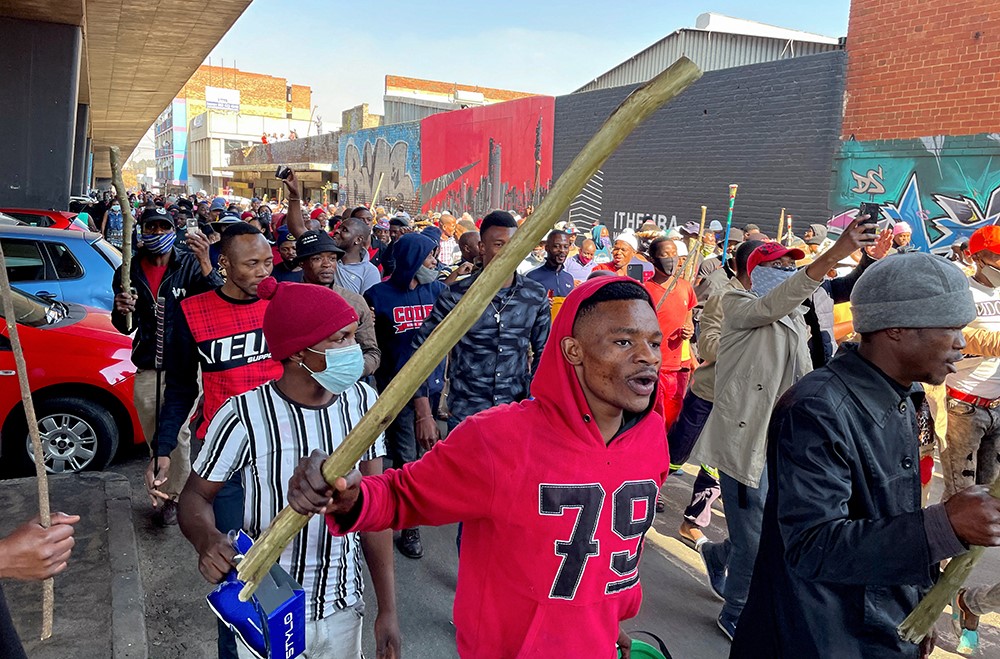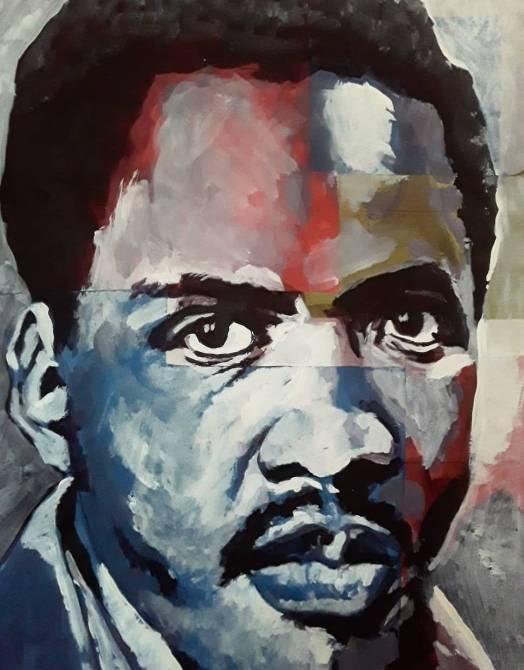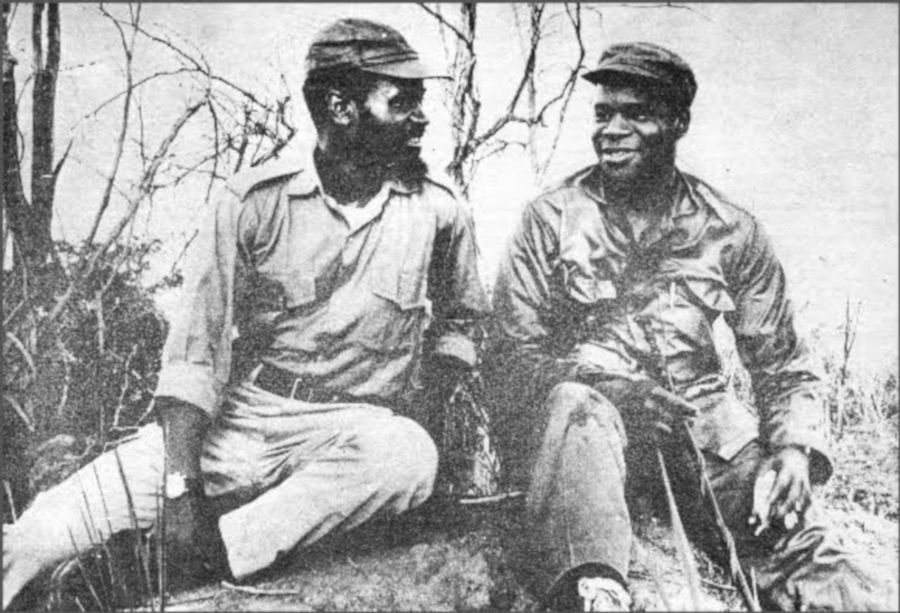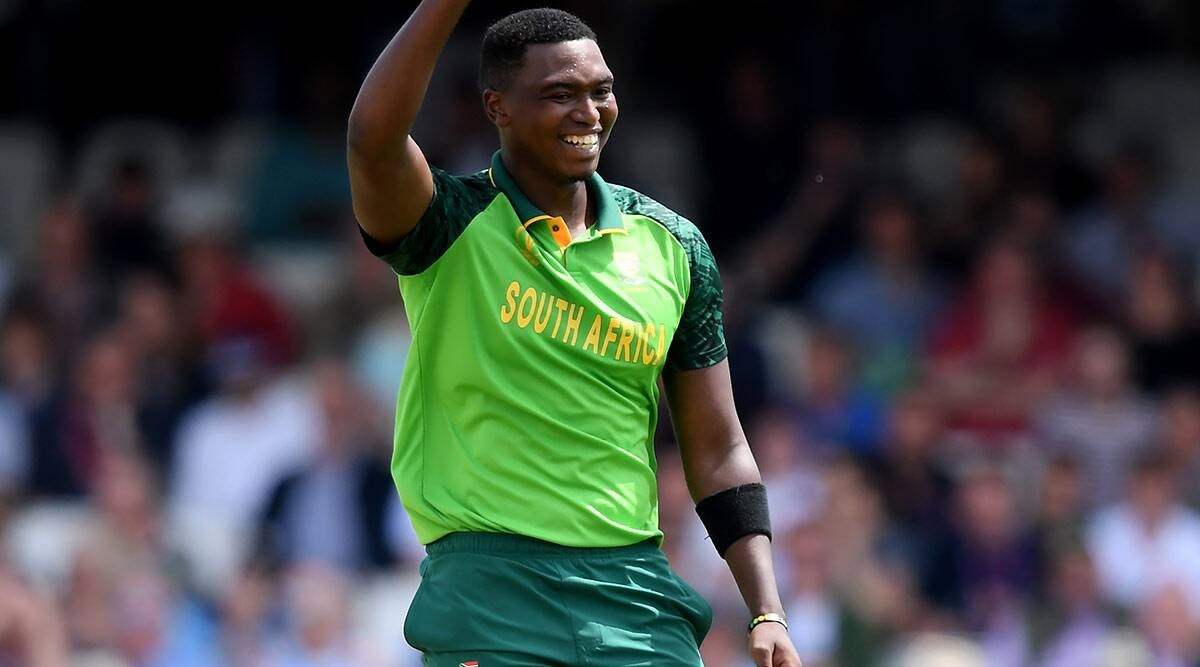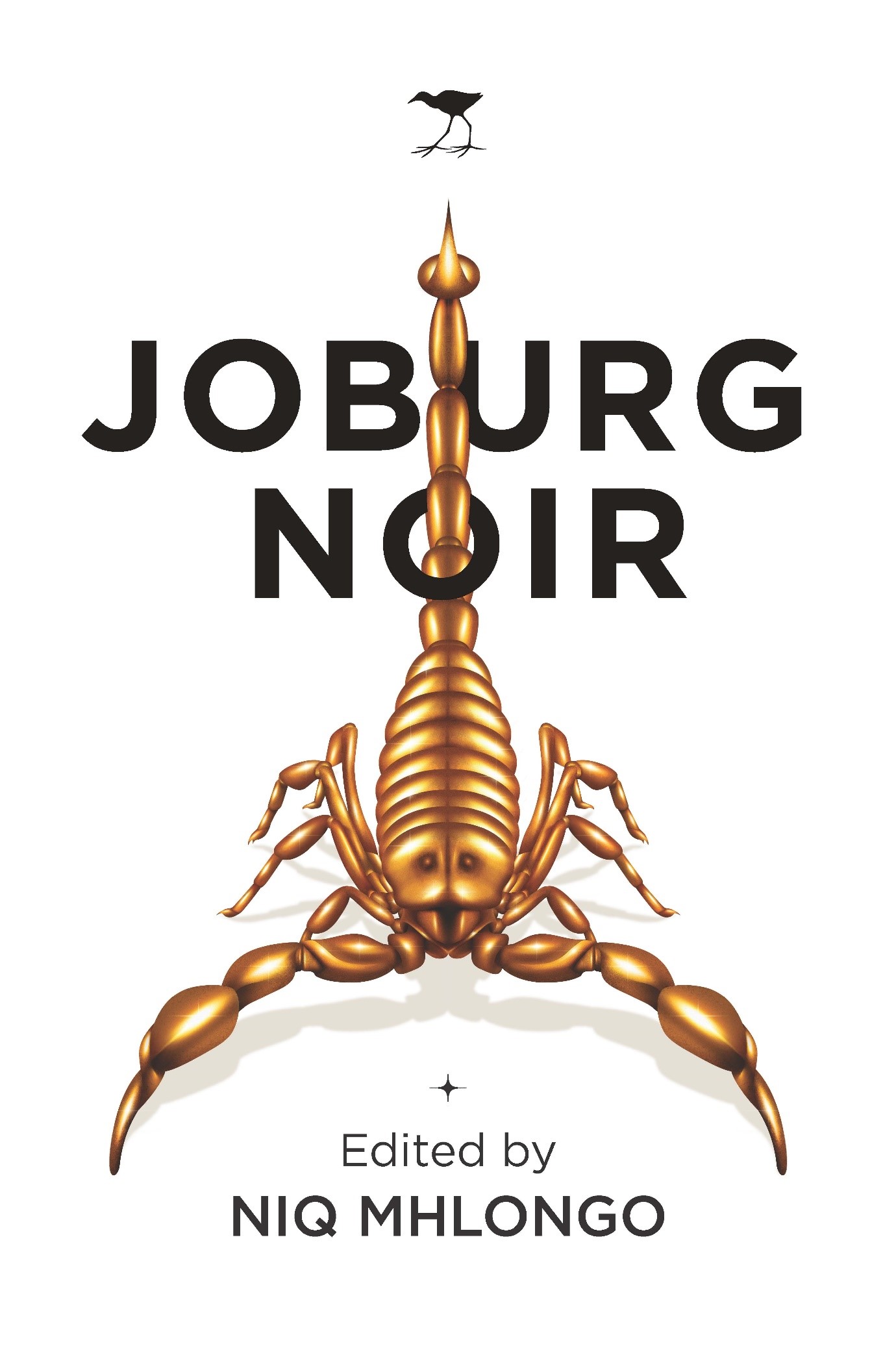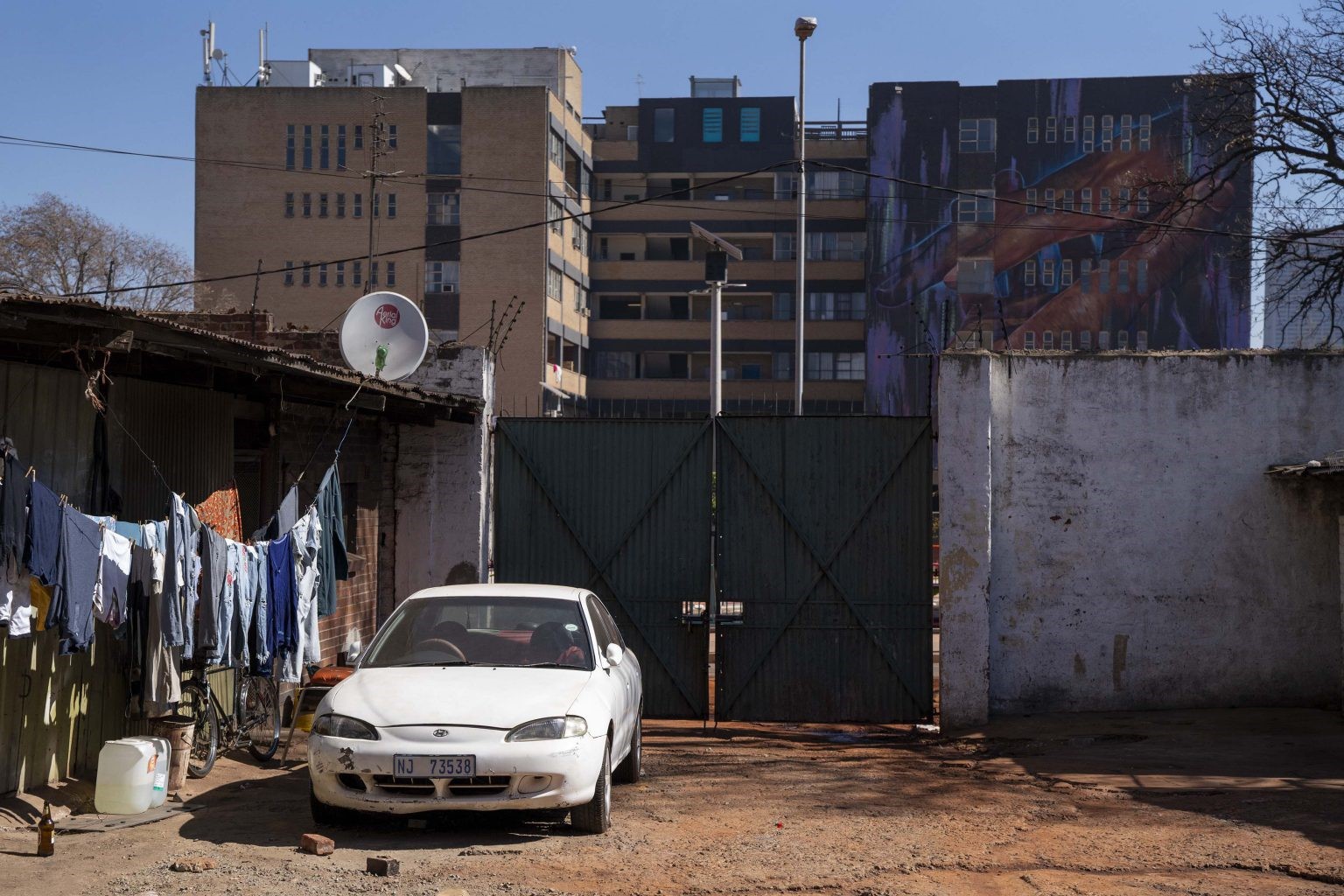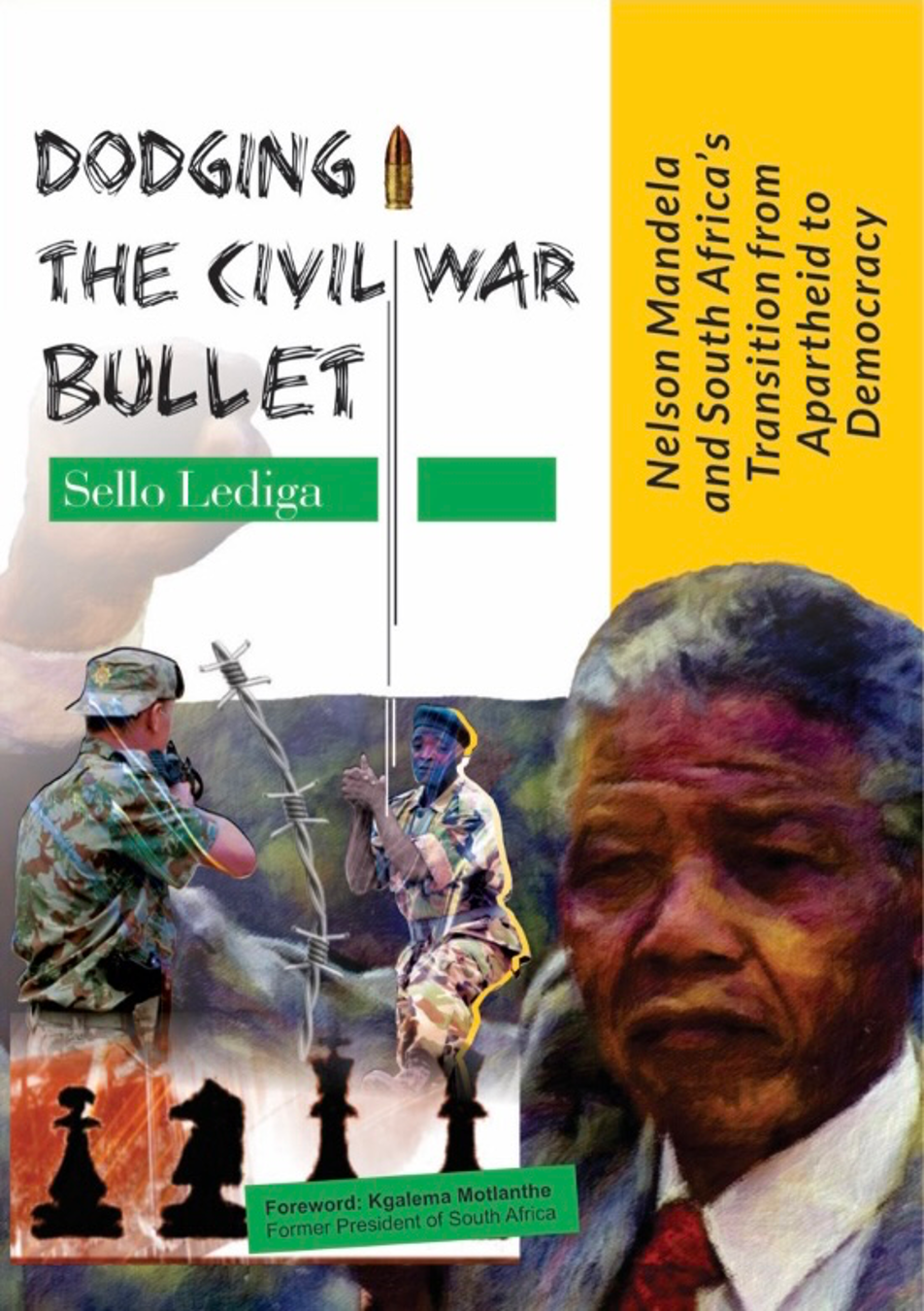It has been over a year since the 2021 July unrest exploded across the land. That unrest reshaped South Africa’s political and national landscape; and required a sense of reflection on the country’s political and economic realities which lit those fires. A tinderbox of socio-economic ills, such as unemployment, inequality, poverty and marginalisation. This unjust but enduring climate culminated in racial confrontation and intolerance – brewed by the lack of redress, economic liberation and equal distribution of wealth. The impunity of the elites converged with the narrow interests of corrupt populists within the ruling party whose sole intention was to undermine and subvert democracy for their own selfish gains.
The arrest of former president Jacob Zuma (for contempt of court) was a true test of how South Africa’s democracy functions. His arrest resulted in an array of reactionary forces and populists seizing the moment – acting as if Zuma was being victimised by the courts for defying so-called “White Monopoly Capital” and supposedly championing “Radical Economic Transformation” … These reactionary forces then coalesced to form a motley crew of counter-revolutionary (aligning with state agent provocateurs) who coordinated and executed thoroughly-planned acts of sabotage, looting and general unrest – to undermine the leadership of Cyril Ramaphosa. This was done without considering the “net effect” of their costly and sometimes barbaric actions. The wave of civil unrest that was unleashed in KZN and Gauteng created fertile ground for criminals to advance their activities – by targeting warehouses, ATMs and stores, looting randomly. An inescapable takeaway from the 2021 July unrest is that a lot of what is happening in this country is a result of the impunity, apathy and greed of leaders across the political spectrum. In addition, the failure of government to ensure that the mechanisms of the state are safeguarded and are thoroughly monitored – in order to preserve, protect and advance the democratic project – is central to pursuing genuine social transformation.
The failures that were mentioned above seek also to highlight the incompetence of the state in delivering on the demands and expectations of the people on the ground. Moreover, state intelligence and the ability to provide counter-measures to prevent acts of insurgency will rely on strengthening the security cluster and social cluster – in order to ensure that the expectations and demands of the citizens are at least met on a basic level.
The religious pursuit of neo-liberal policies which have produced and deepened inequality, poverty, and unemployment – dovetailing with a socio-economic crisis that was not properly addressed by the democratic government (emanating from apartheid geo-spatial planning) have kept the African people at the bottom of the rung.
The Impunity of the elite
–In his article titled The July Unrest: confluence of the ANC implosion and deepening social crisis Gunnet Kaaf provided an elaborative and penetrating analysis of the nature of South African capitalism; with colonial historical remnants that still characterise South African society. This includes the assimilation of sections of the formerly oppressed within the ranks of the elite.
So that they can perpetrate the brutal system of capitalism; which has perpetuated poverty in townships and rural areas, neo-liberalism remains committed to cosmetic changes that do not address the systemic and underlying causes of economic injustice.
FACTIONAL POLITICS
Also, one can argue that the internal factional battles within the ruling party were also to blame for the civil unrest; because within the ANC, since the Nasrec conference, two factions emerged – as a result of the collapse of revolutionary morality and principle in pursuit of “narrow economic interests.”
These groupings are Radical Economic Transformation (RET faction) and the CR17 (NEW DAWN) faction. This factionalism has undermined the revolutionary posture of the ANC as being an instrument of advancing the ideals of the “National Democratic Revolution” (NDR). This is why reactionary elements within the ANC insult the country’s judiciary and civic formations – who want to ensure that democratic values and principles are upheld. Consequently, it remains impractical to expect that the ANC will deliver on its promises. It never will, and if people continue to have faith in an organization which is highly factionalized and self-serving, their dream of a better future is doomed.
In the past two-decades the ANC has been in power, it has championed neo-liberal policies which serve the interest of the status quo and whiteness in general; the RET formation represents an anti-white fascistic element, whilst the CR17 grouping pretend to be representing the interests of the constitution and renewing the party. The danger here is that none of these factions has the interests of the poor masses at heart. They are not ideologically driven, but are commercially aspirant “petty-bourgeoisie” whose interests are to gain access to state resources.
RACIAL AND CLASS ELEMENTS
The ANC government managed to partially advance the democratic project but failed to apply it in a way that will ensure positive social and economic transformation. These failures have resulted in a deep sense of anger, misery and revolt from the masses – rebelling against an unresponsive regime that does not deliver when called to account for its failures.
The lack of redress, and the persistence of the apartheid geo-spatial location and segmentation caused a lot of tension between the black community of Inanda and the one in Phoenix, which is predominantly Indian. The tragic events of Phoenix pose serious questions for our nation. Is the national reconciliation project dead or alive? This question sets the tone of reflecting on the flaws of our democracy and failures of our government to restructure the economy in a progressive way. This does not justify the looting of public commodities as good, but it is a way of highlighting how poor governance can result in anarchy that can lead to the loss of many innocent lives.
Race really does determine your living standard in South Africa, this is further proof that if the South African working-class does not unite to form a left-wing alternative party that will cultivate policies that will address their socio-economic and political demands, we will go nowhere. A socialist future is possible, but it needs men and women of courage and resilience, with strong intellectual impulses, to mobilise and organise workers from all walks of life, together with students and the unemployed, to forge a healthy and collaborative alliance with the aim of overthrowing the brutal capitalist system. Amandla

